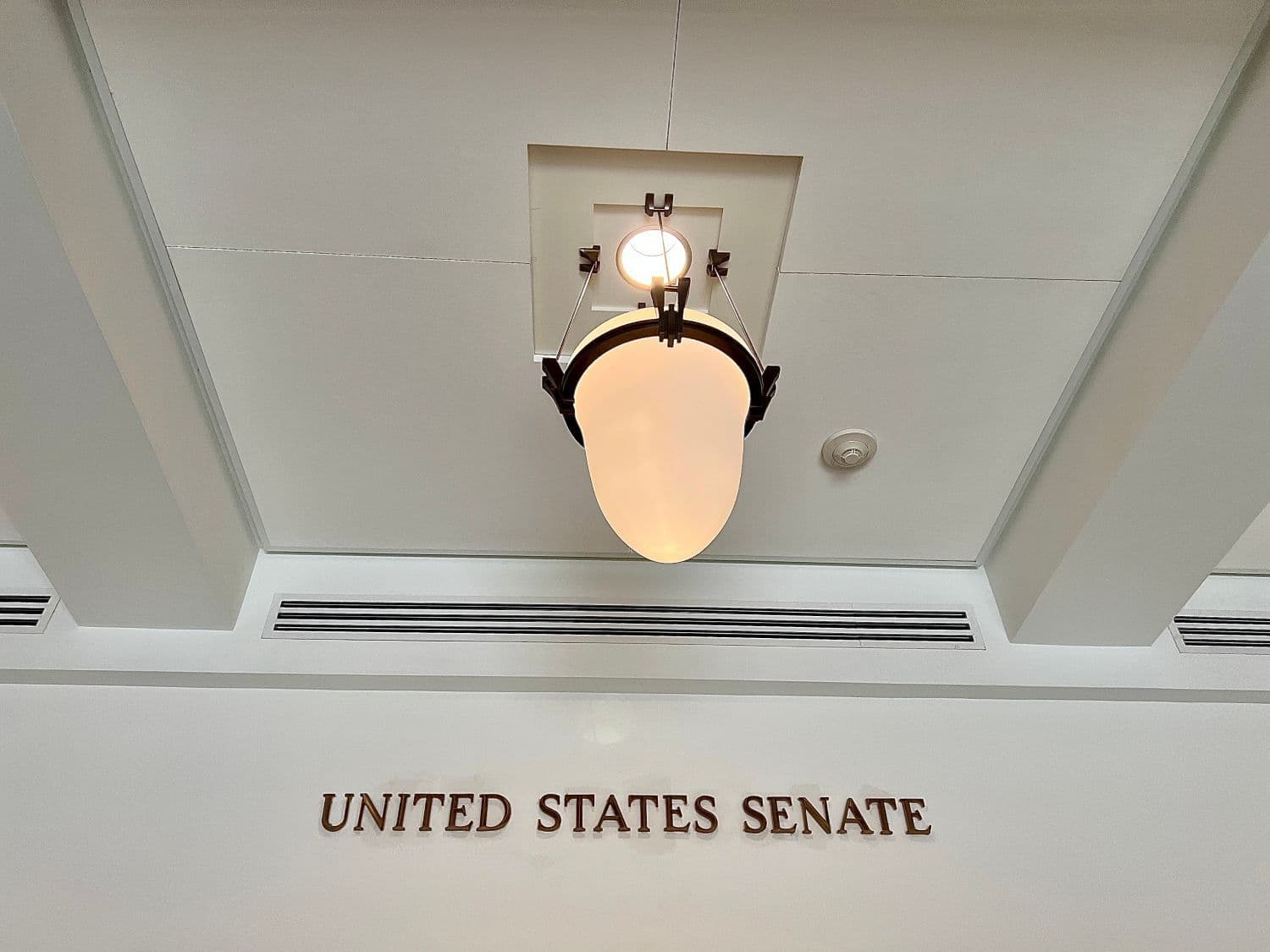
WAITLIST OPEN NOW

SIGN UP
Recent News on Cryptocurrency, Blockchain, and Finance | Yellow.com
Explore the latest Web3 and blockchain developments, cryptocurrencies news, market updates, technology, trading, mining, and trends.
Optimism Greenlights 50% Revenue Shift For OP Token Buybacks
Optimism governance approves directing half of Superchain revenue toward monthly OP token buybacks starting February.
Alexey BondarevJan 30, 2026

Crypto Crime Hit Record $158B In 2025 As AI Scams Surge, TRM Labs Reports
Blockchain analytics firm TRM Labs reports illicit crypto flows hit $158 billion in 2025 as AI-powered scams proliferated.
Alexey BondarevJan 30, 2026

Why BTC And ETH Lag Despite Stock And Gold Rally: Analyst Blames Manipulation
Analyst Garret Bullish argues Bitcoin and Ethereum lag other risk assets due to market manipulation, not macro factors.
Alexey BondarevJan 30, 2026

Why Central Banks Are Stockpiling Gold Instead Of U.S. Debt For First Time Since 1996
Central bank gold holdings surpass US Treasury reserves as nations diversify away from dollar assets, signaling a major shift in global reserve strategy.
Murtuza MerchantJan 29, 2026

SEC, CFTC Launch Joint Crypto Initiative To Align U.S. Oversight And Bring Digital Asset Markets Onshore
The SEC and CFTC announced a joint initiative, Project Crypto, aimed at harmonizing U.S. oversight of digital asset markets as regulators move to bring crypto trading and derivatives onshore.
Murtuza MerchantJan 29, 2026

Experts Say Fed's Neutral Stance Could Trigger Capital Rotation Into Crypto But Markets Need Fresh Catalysts First
Experts say the Federal Reserve’s latest FOMC decision to hold interest rates steady signals prolonged tight policy, leaving markets focused on inflation and labor data for clues on future rate cuts.
Murtuza MerchantJan 29, 2026

Why Trump's $1.4B Crypto Holdings Block Democratic Support For Senate Digital Asset Legislation
Senate Agriculture Committee advances crypto bill 12-11 without Democrats citing Trump's $1.4B crypto conflicts.
Kostiantyn TsentsuraJan 29, 2026

XRP Derivatives Open Interest Drops To $3.4B While Retail Traders Close Leveraged Positions
XRP open interest falls to $3.4B as ETFs hold $1.27B cumulative inflows. Technical pressure builds below $2.01 resistance.
Kostiantyn TsentsuraJan 29, 2026

Ethereum Turns 2016 DAO Hack Funds Into $220 Million Security Endowment
Unclaimed 2016 DAO hack funds become $220M Ethereum security endowment. 69,420 ETH staked for annual grants.
Kostiantyn TsentsuraJan 29, 2026

Bitcoin Drops Below $85,000 As January Sell-Off Intensifies With 33% Decline From Peak
Bitcoin falls below $85,000 on Jan 29 as derivatives liquidations accelerate. 33% decline from October peak tests support.
Kostiantyn TsentsuraJan 29, 2026

